As we enter the first week of Advent, we hear in Matthew’s Gospel, “Therefore, stay awake! For you do not know on which day your Lord will come.” This is a familiar verse and one that we might be tempted to gloss over. Yet, Advent is an invitation to a time of expectation, of quiet waiting, and deep spiritual preparation. It is a time to slow down and consider what it means in our lives in 2025, to stay awake.
Have you ever been so exhausted that you cannot physically stay awake? I am a nervous flyer. I have no problem staying awake on long flights because the adrenaline coursing through my body guarantees that I will not fall asleep. However, my inability to sleep on these flights makes my first day of travel very challenging, excruciating even, and I struggle to stay awake without drinking coffee or espresso. Merely resisting sleep in this exhausted state is not what this passage means by staying awake. Sure, I can keep my eyes open after a long flight, but I am not alert enough to pay attention and perceive what is happening around me.
Today’s Gospel reading is a call not just to have our eyes ajar, but to be alert, attentive, and expectant. That is what it means to stay awake. In this passage, Jesus invites us to recall the Old Testament story of Noah when people were going about their daily lives. They were “eating and drinking, marrying and giving in marriage, up to the day that Noah entered the ark.” Though Moses and his family were building an ark with precise measurements in the midst of their community, onlookers were not sufficiently alert or awake to realize that a great flood was coming. Many people found themselves unprepared when the flood arrived.
In a similar way, we too, can live life in a distracted state. Especially in this modern age, our lives are fast and overstimulated. During the holiday season, we zip from parties, to shopping, to school plays and concerts, fueling ourselves on cookies and coffees. Our bodies are in motion but not necessarily alert or awake to the miracle of Advent: Christ is coming.
The invitation to stay awake beckons us to be conscious of the virtue of hope, of the miracle of life, and the prodigious love that our God has for us in choosing to become incarnate. Let us stay awake this season to be attentive to the details surrounding Jesus’ birth and to prepare ourselves for His ultimate return in glory.
Al comenzar la primera semana de Adviento, escuchamos en el Evangelio de Mateo: “Velen, pues, y estén preparados, porque no saben qué día va a venir su Señor.” Este versículo nos resulta familiar y podríamos sentirnos tentados a pasarlo por alto. Sin embargo, el Adviento es una invitación a una temporada de expectativa, de espera silenciosa y de profunda preparación espiritual. Es un momento para reducir la velocidad y reflexionar sobre lo que significa para nuestras vidas en 2025 permanecer despiertos.
¿Alguna vez has estado tan agotado que no puedes mantenerte despierto físicamente? Soy una viajera nerviosa. No tengo problemas para mantenerme despierto en vuelos largos porque la adrenalina que recorre mi cuerpo garantiza que no me quedaré dormida. Sin embargo, mi incapacidad para dormir en estos vuelos hace que el primer día del viaje sea muy difícil, incluso insoportable, y me cuesta mantenerme despierta sin tomar café o espresso. Simplemente resistirse al sueño en este estado de agotamiento no es lo que este pasaje significa con mantenerse despierto. Claro, puedo mantener los ojos abiertos después de un largo vuelo, pero no estoy lo suficientemente alerta como para prestar atención y percibir lo que sucede a mi alrededor.
El Evangelio de hoy nos llama no solo a tener los ojos abiertos, sino a estar alerta, atento y expectante. Eso es lo que significa mantenerse despierto. En este pasaje, Jesús nos invita a recordar la historia de Noé en el Antiguo Testamento, cuando la gente seguía con su vida cotidiana. “Antes del diluvio, la gente comía, bebía y se casaba, hasta el día en que Noé entró en el arca.” Aunque Moisés y su familia construían un arca con medidas precisas en medio de su comunidad, los espectadores no estaban lo suficientemente alerta ni despiertos como para darse cuenta de que un gran diluvio estaba por venir. Mucha gente no se encontró preparada cuando llegó el diluvio.
De manera semejante, nosotros también podemos vivir la vida distraídos. Especialmente en esta era moderna, nuestras vidas son aceleradas y llenas de demasiada estimulación. Durante las Navidades, vamos de fiestas a compras, a obras de teatro y conciertos escolares, alimentándonos con galletas y café. Nuestros cuerpos están en movimiento, pero no necesariamente alertas ni despiertos ante el milagro del Adviento: Cristo viene.
La invitación a permanecer despiertos nos invita a ser conscientes de la virtud de la esperanza, del milagro de la vida y del prodigioso amor que nuestro Dios nos tiene al elegir encarnarse. Mantengámonos despiertos en esta época para estar atentos a los detalles que rodean el nacimiento de Jesús y prepararnos para su regreso en gloria.
 Elizabeth Tomlin is the author of Joyful Momentum: Building and Sustaining Vibrant Women’s Groups and contributing author to the Ave Prayer Book for Catholic Mothers. She is General Counsel for the Archdiocese for the Military Services, USA. Elizabeth is an Army wife and mother of three and currently lives in Oklahoma. You can find her at @elizabethannetomlin on social media and she blogs at JoyfulMomentum.org
Elizabeth Tomlin is the author of Joyful Momentum: Building and Sustaining Vibrant Women’s Groups and contributing author to the Ave Prayer Book for Catholic Mothers. She is General Counsel for the Archdiocese for the Military Services, USA. Elizabeth is an Army wife and mother of three and currently lives in Oklahoma. You can find her at @elizabethannetomlin on social media and she blogs at JoyfulMomentum.org
Feature Image Credit: Congerdesign, pixabay.com/photos/candle-light-a-candle-light-flame-1750640/
The views and opinions expressed in the Inspiration Daily blog are solely those of the original authors and contributors. These views and opinions do not necessarily represent those of Diocesan, the Diocesan staff, or other contributors to this blog.

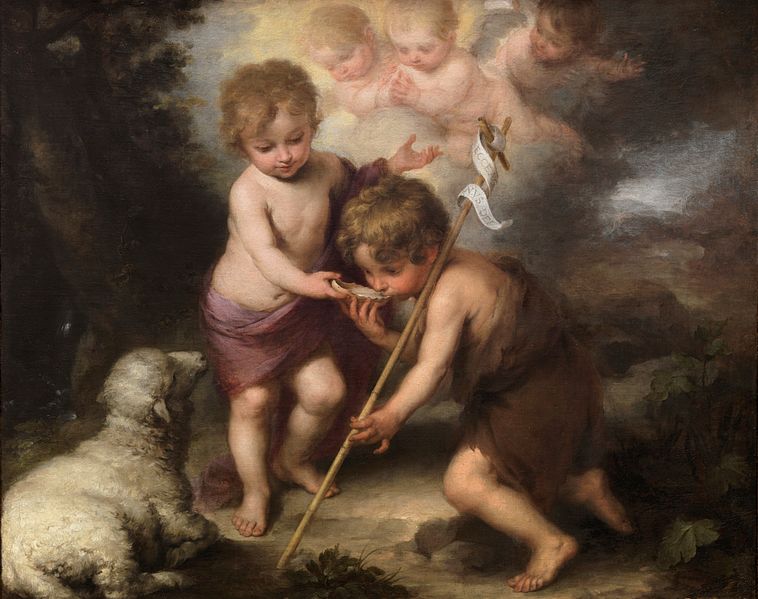

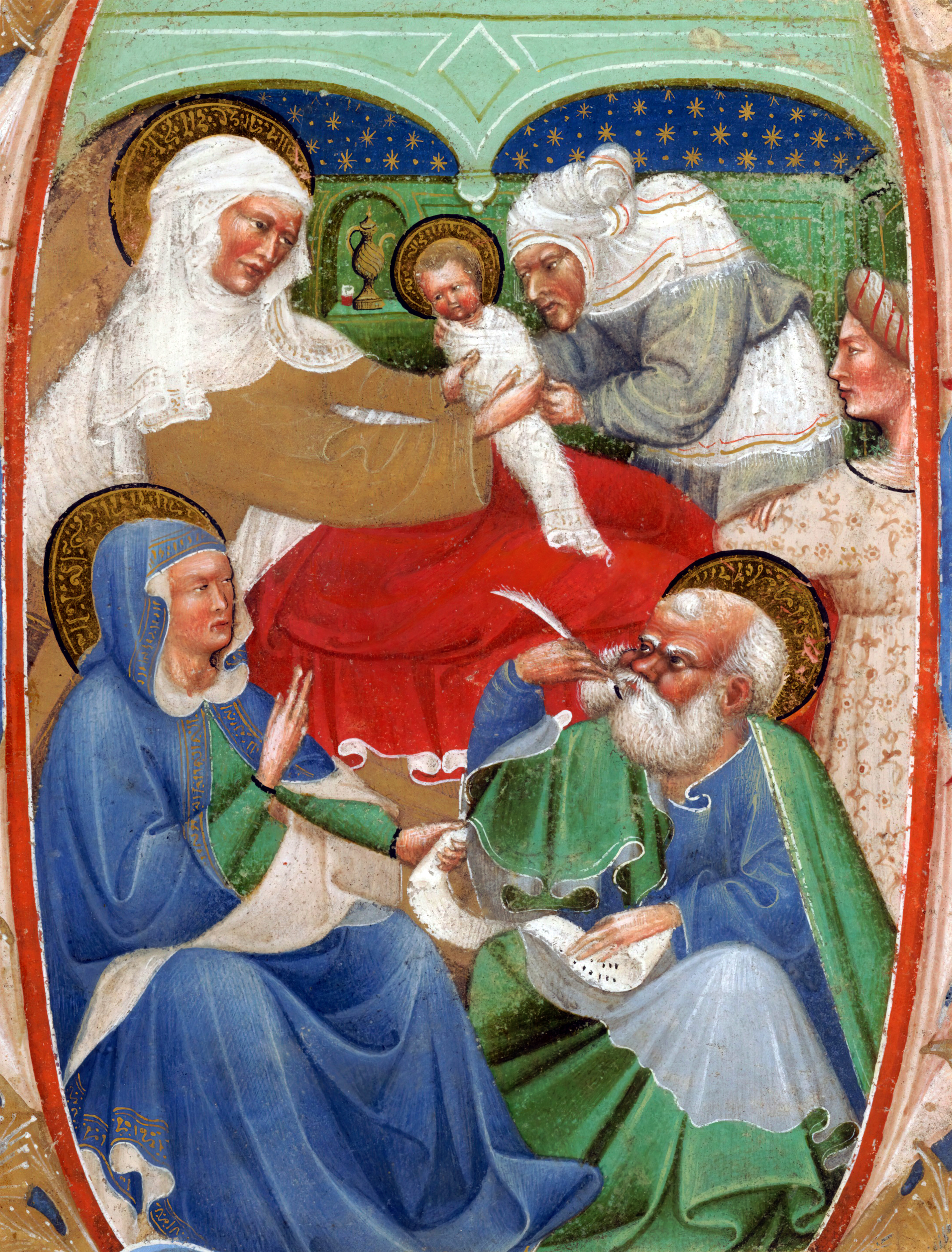
 Deacon Dan Schneider is a retired general manager of industrial distributors. He and his wife Vicki have been married for over 50 years. They are the parents of eight children and thirty-one grandchildren. He has a degree in Family Life Education from Spring Arbor University. He was ordained a Permanent Deacon in 2002. He has a passion for working with engaged and married couples and his main ministry has been preparing couples for marriage.
Deacon Dan Schneider is a retired general manager of industrial distributors. He and his wife Vicki have been married for over 50 years. They are the parents of eight children and thirty-one grandchildren. He has a degree in Family Life Education from Spring Arbor University. He was ordained a Permanent Deacon in 2002. He has a passion for working with engaged and married couples and his main ministry has been preparing couples for marriage.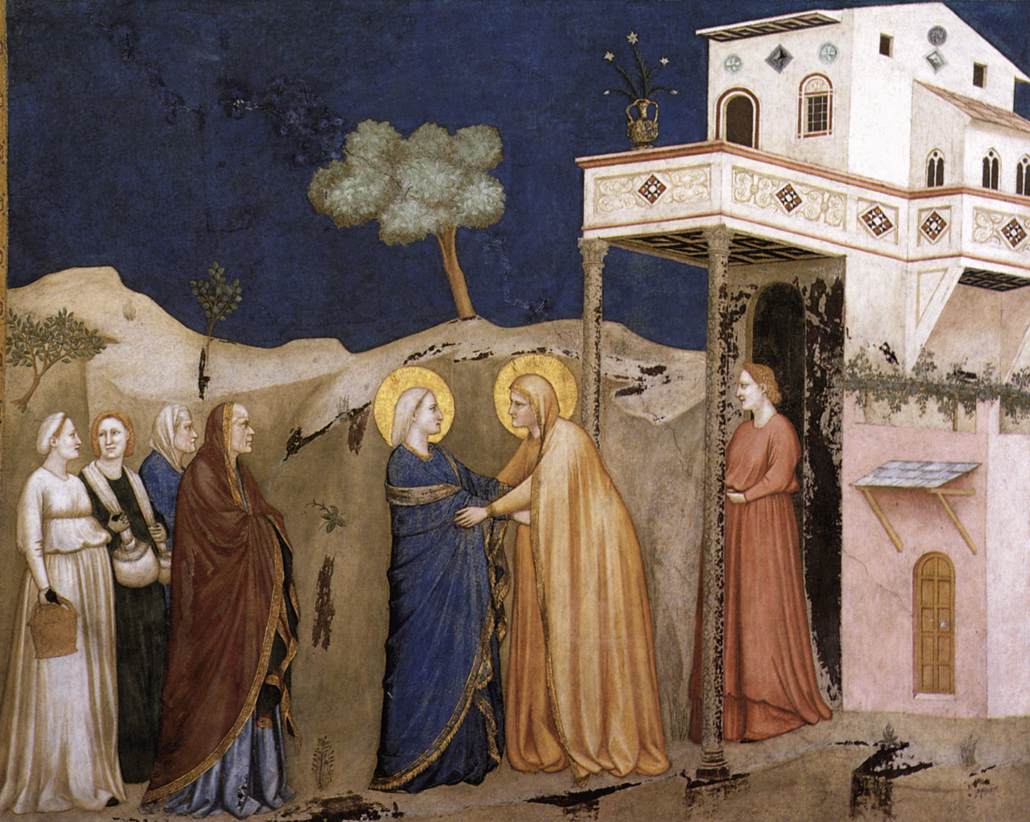

 Tami Urcia grew up in Western Michigan, a middle child in a large Catholic family. She spent early young adulthood as a missionary in Mexico, studying theology and philosophy, then worked and traveled extensively before finishing her Bachelor’s Degree in Western Kentucky. She loves tackling projects, finding fun ways to keep her little ones occupied, quiet conversation with the hubby and finding unique ways to love. She works full time at Diocesan, is a guest blogger on
Tami Urcia grew up in Western Michigan, a middle child in a large Catholic family. She spent early young adulthood as a missionary in Mexico, studying theology and philosophy, then worked and traveled extensively before finishing her Bachelor’s Degree in Western Kentucky. She loves tackling projects, finding fun ways to keep her little ones occupied, quiet conversation with the hubby and finding unique ways to love. She works full time at Diocesan, is a guest blogger on 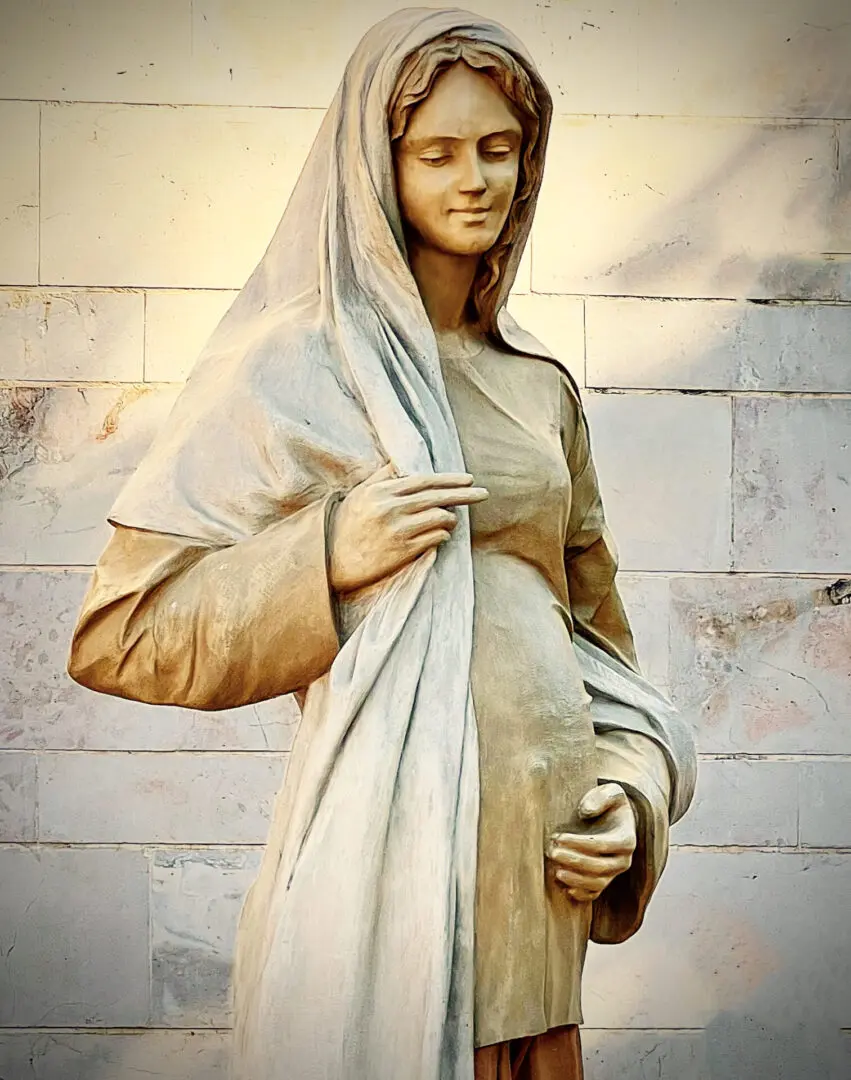
 Kathryn Mulderink, MA, is married to Robert, Station Manager for Holy Family Radio. Together they have seven children (including Father Rob), and eleven grandchildren. She is President of the local community of Secular Discalced Carmelites and has published five books and many articles. Over the last 30 years, she has worked as a teacher, headmistress, catechist, Pastoral Associate, and DRE, and as a writer and voice talent for Catholic Radio. Currently, she serves the Church by writing and speaking, and by collaborating with various parishes and to lead others to encounter Christ and engage their faith. Her website is
Kathryn Mulderink, MA, is married to Robert, Station Manager for Holy Family Radio. Together they have seven children (including Father Rob), and eleven grandchildren. She is President of the local community of Secular Discalced Carmelites and has published five books and many articles. Over the last 30 years, she has worked as a teacher, headmistress, catechist, Pastoral Associate, and DRE, and as a writer and voice talent for Catholic Radio. Currently, she serves the Church by writing and speaking, and by collaborating with various parishes and to lead others to encounter Christ and engage their faith. Her website is 
 Deanna G. Bartalini, M.Ed.; M.P.A., is a certified spiritual director, writer, speaker and content creator. The
Deanna G. Bartalini, M.Ed.; M.P.A., is a certified spiritual director, writer, speaker and content creator. The 
 Mike Karpus is a regular guy. He grew up in Michigan’s Upper Peninsula, graduated from Michigan State University and works as an editor. He is married to a Catholic school principal, raised two daughters who became Catholic school teachers at points in their careers, and now relishes his two grandchildren, including the older one who is fascinated with learning about his faith. He also has served on a Catholic school board, a pastoral council and a parish stewardship committee. He currently is a lector at Mass, a Knight of Columbus, Adult Faith Formation Committee member and a board member of the local Habitat for Humanity organization. But mostly he’s a regular guy.
Mike Karpus is a regular guy. He grew up in Michigan’s Upper Peninsula, graduated from Michigan State University and works as an editor. He is married to a Catholic school principal, raised two daughters who became Catholic school teachers at points in their careers, and now relishes his two grandchildren, including the older one who is fascinated with learning about his faith. He also has served on a Catholic school board, a pastoral council and a parish stewardship committee. He currently is a lector at Mass, a Knight of Columbus, Adult Faith Formation Committee member and a board member of the local Habitat for Humanity organization. But mostly he’s a regular guy.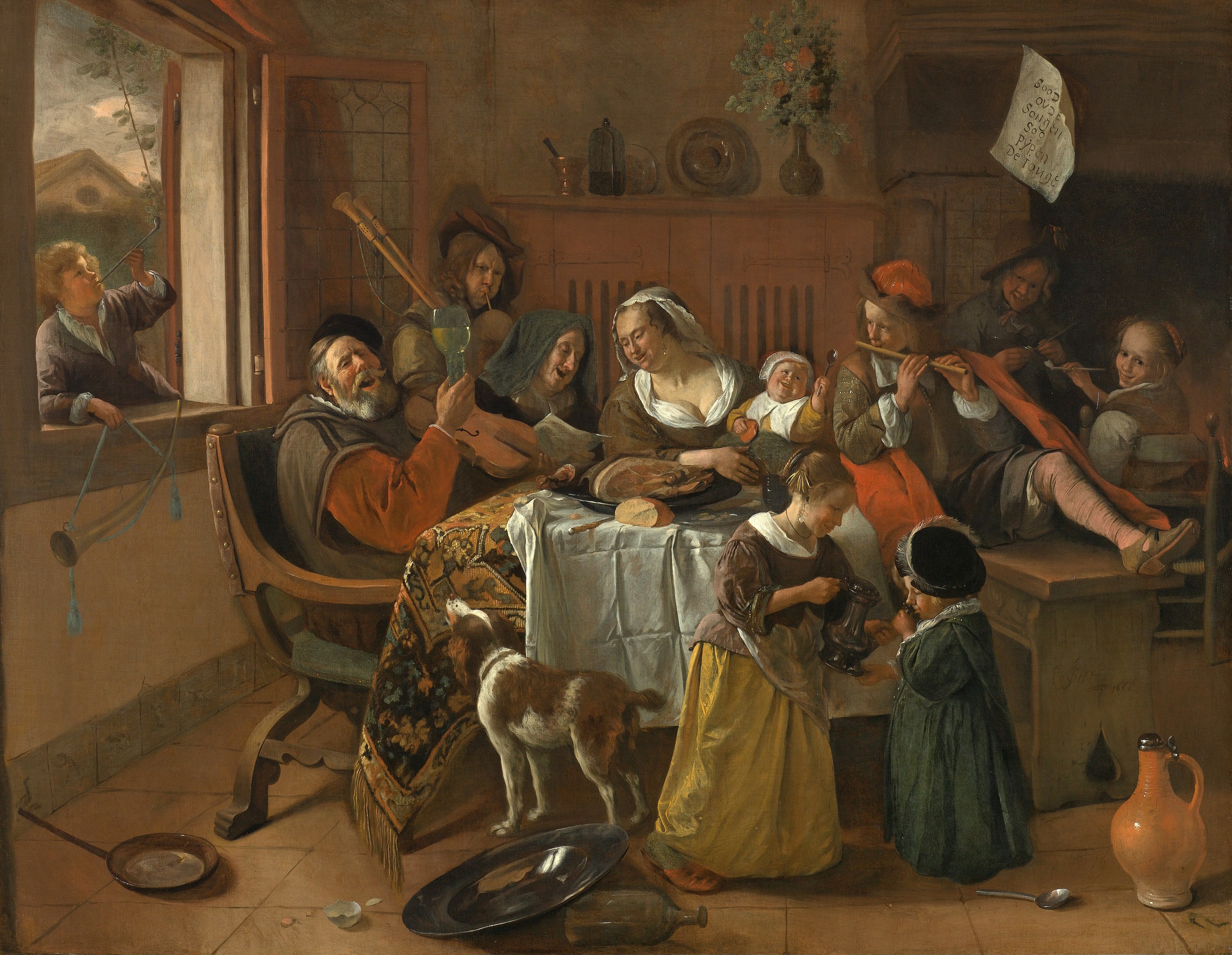
 Merridith Frediani loves words and is delighted by good sentences. She also loves Lake Michigan, dahlias, the first sip of hot coffee in the morning, millennials, and playing Sheepshead with her husband and three kids. She writes for Catholic Mom, Diocesan.com, and her local Catholic Herald. Her first book Draw Close to Jesus: A Woman’s Guide to Adoration is available at Our Sunday Visitor and Amazon. You can learn more at
Merridith Frediani loves words and is delighted by good sentences. She also loves Lake Michigan, dahlias, the first sip of hot coffee in the morning, millennials, and playing Sheepshead with her husband and three kids. She writes for Catholic Mom, Diocesan.com, and her local Catholic Herald. Her first book Draw Close to Jesus: A Woman’s Guide to Adoration is available at Our Sunday Visitor and Amazon. You can learn more at 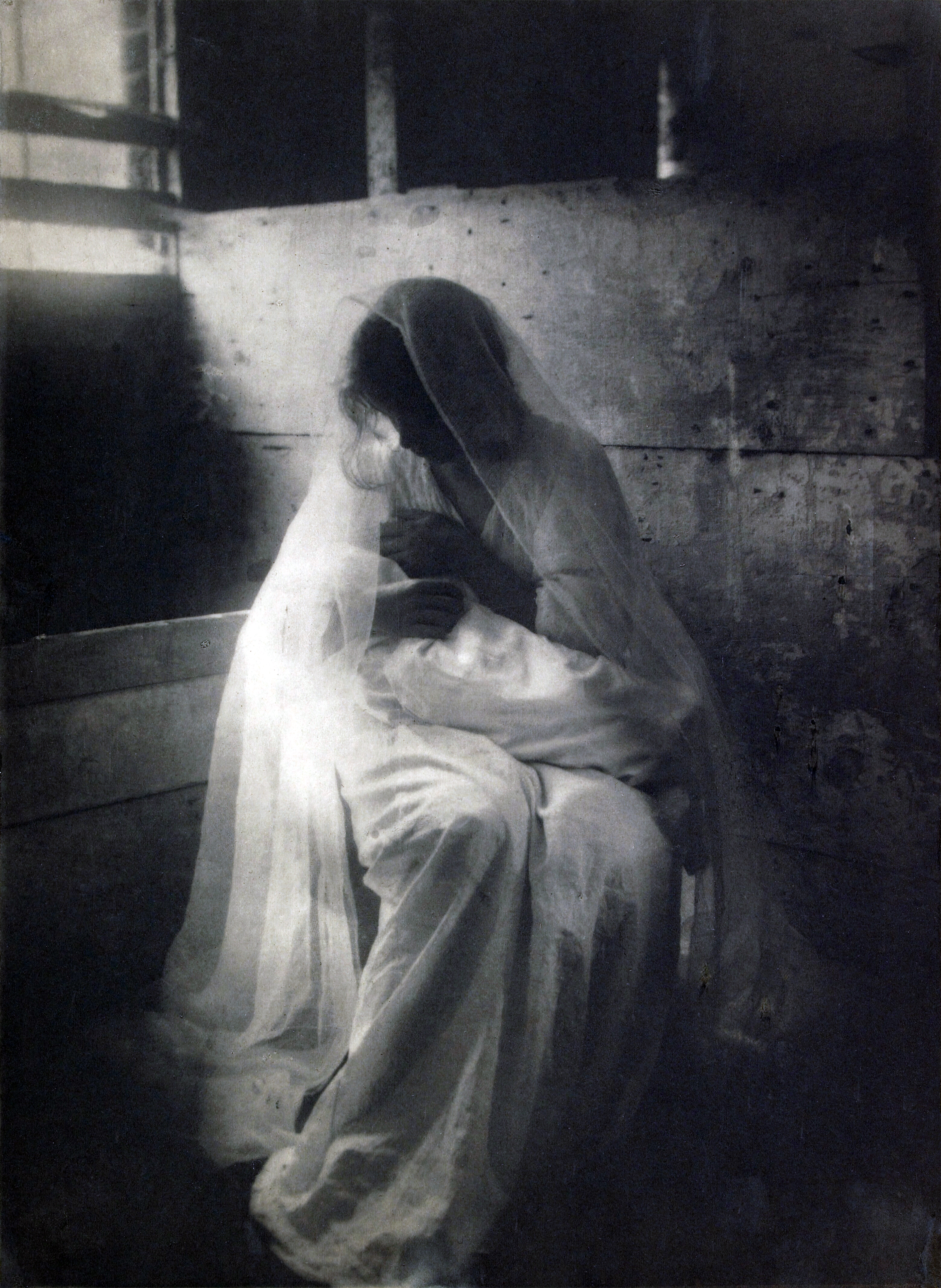
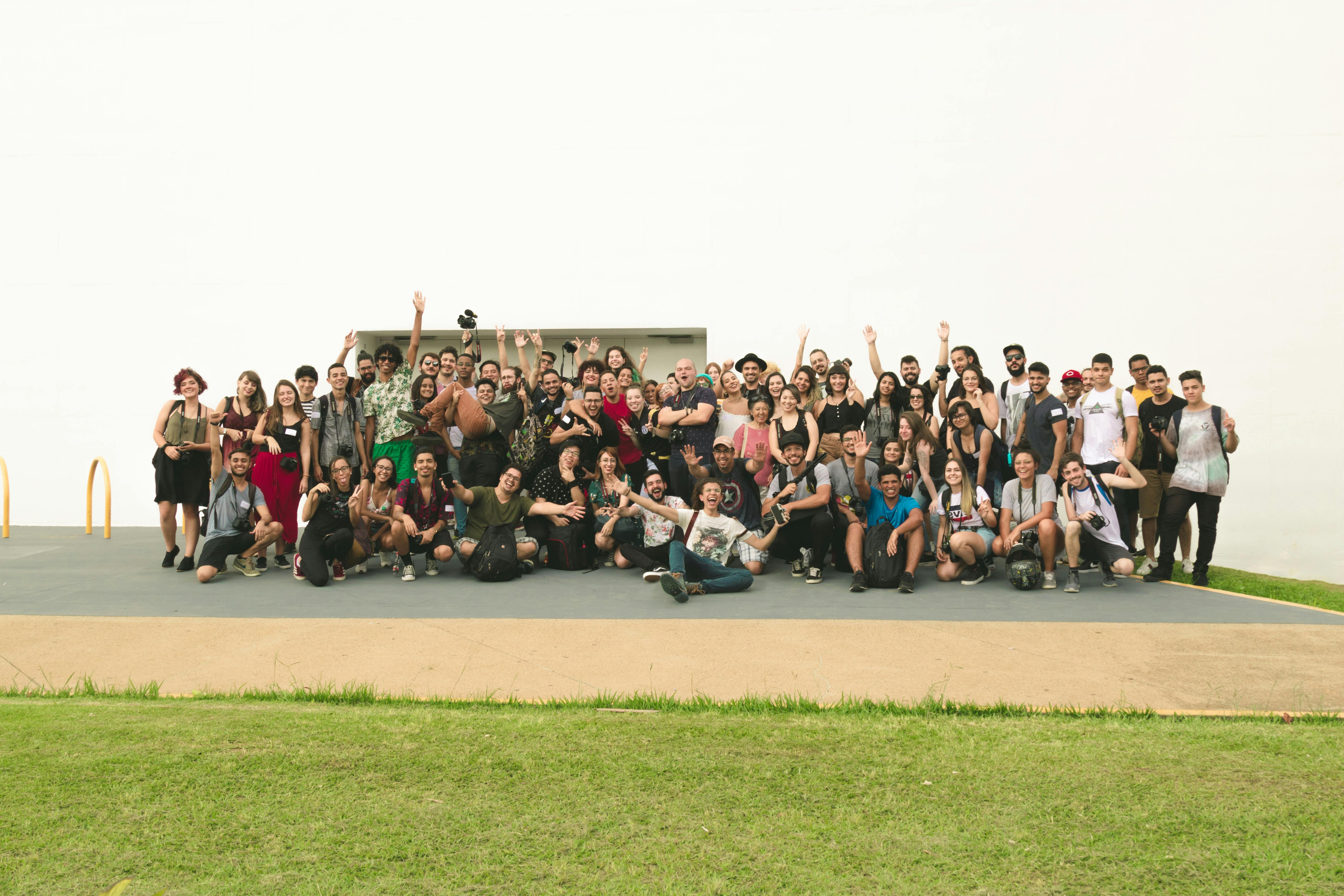
 Kate Taliaferro is an Air Force wife and mother. She is blessed to be able to homeschool, bake bread and fold endless piles of laundry. When not planning a school day, writing a blog post or cooking pasta, Kate can be found curled up with a book or working with some kind of fiber craft. Kate blogs at
Kate Taliaferro is an Air Force wife and mother. She is blessed to be able to homeschool, bake bread and fold endless piles of laundry. When not planning a school day, writing a blog post or cooking pasta, Kate can be found curled up with a book or working with some kind of fiber craft. Kate blogs at 

